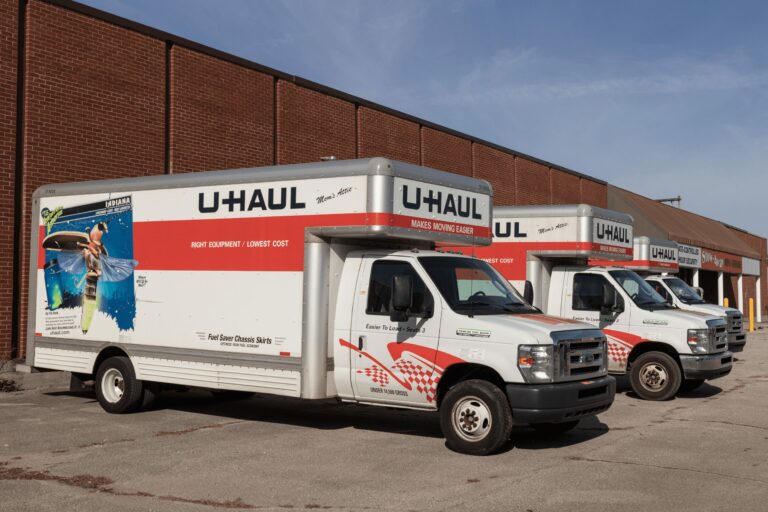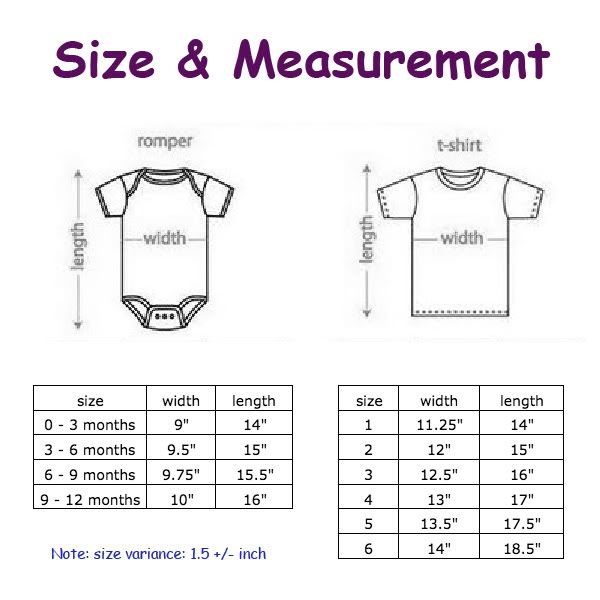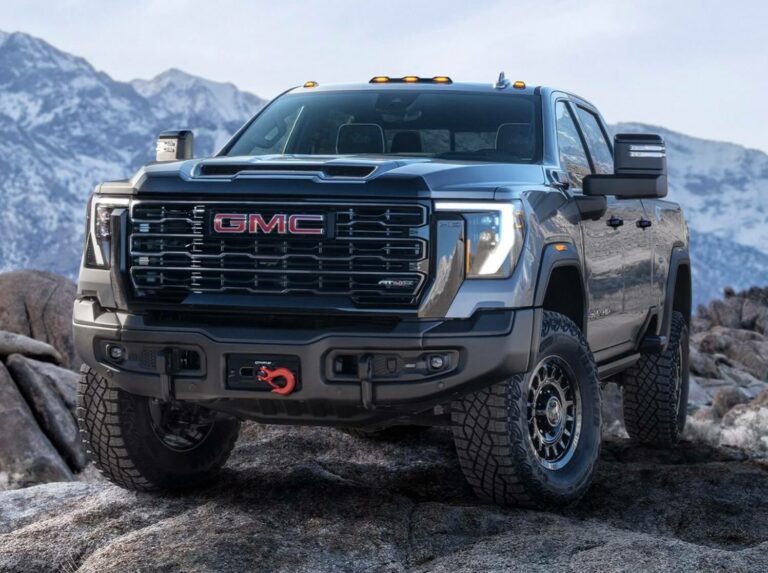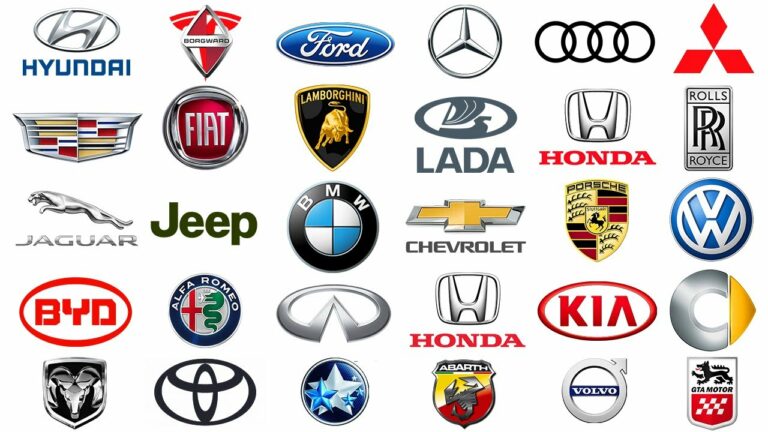Can I Get A Brand New Car With No Credit?
Can I Get A Brand New Car With No Credit? cars.truckstrend.com
Navigating the No-Credit Car Conundrum
The dream of driving a brand-new car, fresh off the lot with that irresistible new car smell, is a common aspiration. For many, however, this dream collides with a significant hurdle: a lack of established credit history. Whether you’re a recent graduate, new to the country, or simply someone who has always managed their finances without needing loans or credit cards, the question "Can I get a brand new car with no credit?" is a pressing one.
Can I Get A Brand New Car With No Credit?
The short answer is: Yes, it is possible, but it comes with unique challenges and often requires strategic planning and flexibility. Lenders typically rely on your credit score and history to assess your risk as a borrower. Without this history, you’re an unknown entity, making traditional loan approvals difficult. However, there are several pathways and strategies available for individuals with no credit to drive off in a new vehicle. This comprehensive guide will explore these avenues, offering practical advice and insights to help you navigate the process successfully.
Understanding the Credit Landscape – Why It Matters
Before diving into solutions, it’s crucial to understand why credit is so important in the lending world.
- What is Credit? Credit, in its simplest form, is a measure of your trustworthiness as a borrower. Your credit history is a detailed record of how you’ve managed borrowed money in the past – whether you’ve paid bills on time, how much debt you carry, and the types of credit accounts you’ve held. This information is compiled into a credit report, which lenders use to generate a credit score.
- Why Lenders Care: When you apply for a car loan, lenders want assurance that you will repay the money. Your credit score and history provide them with a snapshot of your financial responsibility.
- Risk Assessment: A strong credit history signals lower risk, often leading to lower interest rates and more favorable loan terms. No credit history, on the other hand, means lenders have no data to assess your risk, making them hesitant.
- Loan Terms: Without a credit history, even if approved, you’re likely to face higher interest rates, shorter repayment periods, and potentially larger down payment requirements to offset the perceived risk.

- No Credit vs. Bad Credit: It’s vital to distinguish between "no credit" (a "thin file") and "bad credit."
- No Credit: This means you simply haven’t had enough financial activity (loans, credit cards) to generate a credit report or score. You’re not necessarily a high risk, just an unknown one.
- Bad Credit: This indicates a history of financial mismanagement, such as late payments, defaults, or bankruptcies. While challenging, bad credit often has different solutions than no credit. This article primarily focuses on the "no credit" scenario.
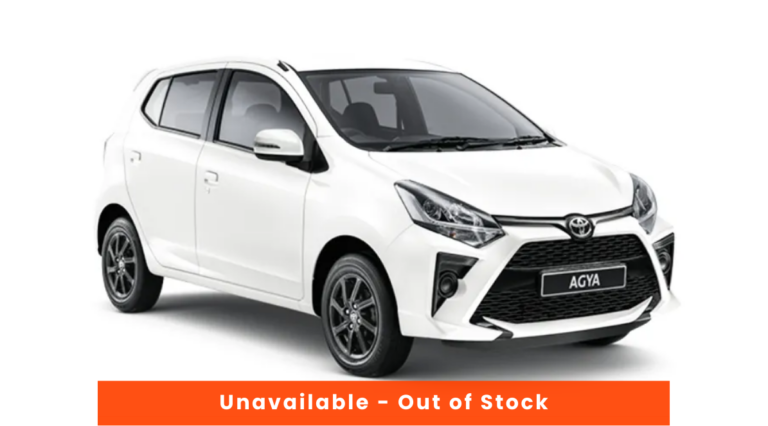
Pathways to a New Car with No Credit
While the absence of a credit history presents hurdles, several viable strategies can help you secure a new car loan.
1. The Power of a Co-signer
This is often the most straightforward and effective method for individuals with no credit.
- How It Works: A co-signer is someone with good credit who agrees to take legal responsibility for the loan if you fail to make payments. Their credit history provides the lender with the assurance they need.
- Benefits: A co-signer significantly increases your chances of approval and can help you secure a much better interest rate than you’d get on your own.
- Considerations: This is a significant commitment for the co-signer, as their credit will be negatively impacted if you miss payments. Ensure both parties fully understand the risks and responsibilities. The ideal co-signer is a trusted family member or close friend with an excellent credit score and stable income.
2. Making a Substantial Down Payment
A larger down payment directly reduces the amount you need to borrow, thereby lowering the lender’s risk.
- How It Helps: If you can put down 20% or more of the car’s purchase price, lenders see this as a sign of financial stability and commitment. It demonstrates you have "skin in the game" and reduces the loan-to-value ratio, making the loan less risky for them.
- Benefits: A larger down payment can make lenders more willing to approve your loan, even with no credit. It also reduces your monthly payments and the total interest paid over the life of the loan.
- Recommendation: Aim for at least 10-20% of the vehicle’s price, or more if possible.
3. Exploring Dealership and Lender Options
Some financial institutions and dealerships specialize in helping buyers with limited or no credit history.
- "Buy Here, Pay Here" (BHPH) Dealerships: These dealerships act as both the seller and the lender.
- Pros: They are often very lenient with credit requirements, making approval easier. They focus more on your income and ability to make payments directly to them.
- Cons: BHPH dealerships typically charge significantly higher interest rates (sometimes 20-30% or more) and offer a limited selection of vehicles, often used cars. Their reporting to credit bureaus can be inconsistent, meaning it might not always help build your credit effectively. Use them with extreme caution and only if other options are exhausted.
- Subprime Lenders: These are financial institutions that specialize in lending to borrowers with less-than-perfect credit or no credit.
- Pros: They are more willing to take on higher-risk borrowers.
- Cons: Expect higher interest rates and potentially less flexible terms compared to traditional lenders. Research these lenders thoroughly to ensure they are reputable.
- Credit Unions: Often more flexible and community-focused than large banks, credit unions may be more willing to work with members who have limited credit, especially if you have a relationship with them (e.g., direct deposit from your employer).
4. First-Time Buyer & Recent Graduate Programs
Many major car manufacturers and their financing arms offer special programs designed for individuals with little to no credit, particularly recent college graduates.
- Requirements: These programs typically have specific criteria, such as a degree from an accredited institution, proof of employment or a job offer, and sometimes a minimum income threshold.
- Benefits: They often offer more favorable terms than other no-credit options, including competitive interest rates and sometimes even rebates.
5. Leasing: An Alternative Path?
While not buying, leasing a new car can be an option, though it still often requires some credit.
- How it Works: You essentially rent the car for a set period (e.g., 2-4 years) and return it at the end of the term. Monthly payments are usually lower than loan payments because you’re only paying for the depreciation of the vehicle during your lease term.
- Credit Requirement: While some dealerships might offer leases with no credit, it’s less common for new cars. You’ll likely need a co-signer or a substantial security deposit.
- Considerations: At the end of the lease, you don’t own the car, and there are mileage limits and potential wear-and-tear charges.
Building Your Credit Foundation First
While the above strategies can help you get a new car with no credit, the most financially sound long-term approach is to establish a credit history before seeking a major loan.
- Secured Credit Cards: These cards require a cash deposit, which becomes your credit limit. They are an excellent way to demonstrate responsible credit use. Make small purchases and pay them off in full and on time every month.
- Small Personal Loans: Some banks or credit unions offer "credit builder" loans. The loan amount is typically held in a savings account while you make payments. Once paid off, you receive the money, and your on-time payments are reported to credit bureaus.
- Becoming an Authorized User: If a trusted family member with excellent credit adds you as an authorized user on their credit card, their positive payment history can sometimes reflect on your credit report. Ensure they keep their utilization low and pay on time.
- Pay All Bills On Time: While not directly credit-building, consistently paying rent, utilities, and phone bills on time can sometimes be reported to specialized credit services (like Experian Boost) that can help improve your score.
By taking these steps for 6-12 months, you can often establish enough of a credit profile to qualify for more traditional car loans with better terms.
Practical Steps and Important Considerations
Once you decide on a strategy, follow these practical steps:
- Set a Realistic Budget: Look beyond just the monthly payment. Factor in insurance (which can be higher for new cars and for drivers with no credit history), fuel, maintenance, and potential registration fees. Don’t overextend yourself.
- Gather Necessary Documentation: Be prepared with proof of income (pay stubs, bank statements), proof of residence (utility bills), identification, and any information about a co-signer if applicable.
- Shop Smart and Compare Offers: Don’t take the first offer you receive. Apply with multiple lenders (banks, credit unions, manufacturer financing) within a short period (typically 14-45 days) to minimize the impact on your credit score. Compare interest rates, loan terms, and total cost.
- Understand Loan Terms and High Interest Rates: With no credit, you will almost certainly face higher interest rates. Understand the Annual Percentage Rate (APR), the total amount you’ll pay over the loan term, and any fees. A shorter loan term (e.g., 36 or 48 months) means higher monthly payments but less interest paid overall.
- Avoid Predatory Practices: Be wary of dealerships or lenders that pressure you into signing immediately, offer deals that seem too good to be true, or refuse to provide full loan details in writing. Always read the fine print.
- Don’t Settle: If the terms are too unfavorable, consider building your credit for a few months and trying again.
Financial Implications & Requirements for New Car with No Credit
The table below illustrates different scenarios for acquiring a new car with no credit, outlining key requirements and potential financial implications.
| Scenario | Key Requirement | Potential Down Payment | Estimated Interest Rate (APR) | Pros | Cons |
|---|---|---|---|---|---|
| 1. With a Co-signer | Co-signer with excellent credit & stable income | 0% – 10% (negotiable) | 4% – 8% | Better rates, higher approval chance, builds your credit | Co-signer takes on risk, relationship strain if payments missed |
| 2. Large Down Payment | Substantial cash savings (20%+) | 20% – 30%+ | 7% – 15% | Reduces loan amount & risk, lower monthly payments, builds your credit | Requires significant upfront cash, still higher rates than good credit |
| 3. First-Time Buyer Program | Recent grad (degree, job offer), stable income | 0% – 10% | 5% – 10% | Competitive rates, designed for no credit, builds credit | Specific eligibility criteria, not always available |
| 4. Subprime Lender / BHPH | Proof of steady income, residency | 10% – 25% | 15% – 30%+ | Easiest approval, focuses on income, immediate solution | Very high interest rates, limited selection, potential for predatory terms |
| 5. Building Credit First | Time (6-12 months), discipline with payments | 0% – 10% (negotiable) | 3% – 7% (after credit built) | Best long-term financial health, lowest rates, more options | Requires patience, delays new car purchase, initial effort to build credit |
Note: Interest rates are estimates and can vary widely based on lender, economic conditions, and individual circumstances.
Overcoming Challenges and Looking Ahead
The primary challenge when buying a new car with no credit is the higher cost due to increased interest rates. This means you’ll pay more for the car over the life of the loan. To mitigate this:
- Focus on Affordability: Opt for a more budget-friendly new car model rather than your dream luxury vehicle.
- Shorter Loan Term: While monthly payments will be higher, a shorter loan term (e.g., 3-4 years instead of 5-7) significantly reduces the total interest paid.
- Refinance Later: Once you’ve established 6-12 months of on-time payments, your credit score will improve. You can then explore refinancing your car loan with a traditional lender at a lower interest rate, saving you money.
View this first car loan as an opportunity. By making all payments on time, you’re actively building a positive credit history, which will open doors to better financial opportunities in the future, including mortgages, personal loans, and credit cards with more favorable terms.
Conclusion: Your Road to Automotive Ownership
The question "Can I get a brand new car with no credit?" is not a simple yes or no, but rather a "yes, with caveats and a well-thought-out strategy." While challenging, it is entirely achievable. The key lies in understanding the credit landscape, exploring the various pathways available, and being prepared for the financial implications of having no established credit history.
Whether you leverage a co-signer’s strong credit, make a substantial down payment, or commit to building your credit foundation first, each approach offers a viable route to new car ownership. Remember to budget wisely, shop around for the best terms, and be diligent with your payments. This initial step into the world of credit can be the cornerstone of a healthy financial future, allowing you to not only enjoy your new car but also build the credit needed for all of life’s larger purchases.
Frequently Asked Questions (FAQ)
Q1: Can I get a new car without a down payment if I have no credit?
A1: It’s extremely difficult. While 0% down payments exist for those with excellent credit, without a credit history, lenders see you as a high risk. A substantial down payment (10-20% or more) significantly increases your chances of approval and helps secure better terms.
Q2: How much down payment do I need with no credit?
A2: There’s no fixed rule, but generally, the more, the better. Aim for at least 10-20% of the car’s purchase price. For example, on a $25,000 car, a $2,500 – $5,000 down payment would be beneficial.
Q3: What are typical interest rates for no-credit car loans?
A3: Without a credit history, you can expect significantly higher interest rates than someone with good credit. Rates can range from 7-15% with a co-signer or large down payment, and climb to 20-30%+ or even higher at "Buy Here, Pay Here" dealerships or with subprime lenders.
Q4: Is a "Buy Here, Pay Here" (BHPH) dealership a good option for someone with no credit?
A4: BHPH dealerships offer easy approval but come with significant drawbacks, primarily very high interest rates and often older, less reliable vehicles. They should generally be considered a last resort after exploring all other options, as they can be very costly and may not effectively build your credit.
Q5: How long does it take to build enough credit for a car loan?
A5: You can start building a basic credit profile in as little as 6 months using secured credit cards or small credit-builder loans. However, to qualify for more favorable terms on a new car loan, aiming for 12-18 months of consistent, positive credit activity is often recommended.
Q6: Does leasing a car require credit?
A6: Yes, most new car leases require a good to excellent credit score. While some dealerships might offer leases with no credit, they usually demand a very large security deposit or a co-signer, and the terms might be less favorable.


